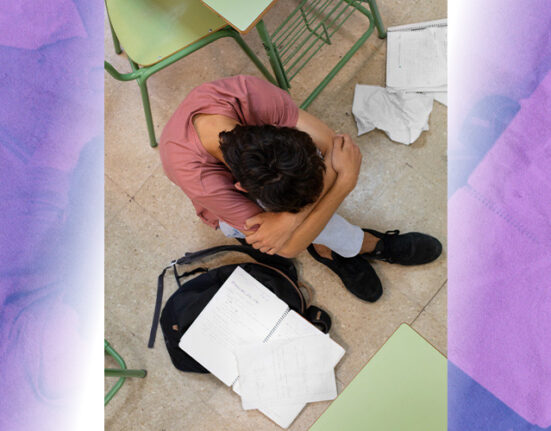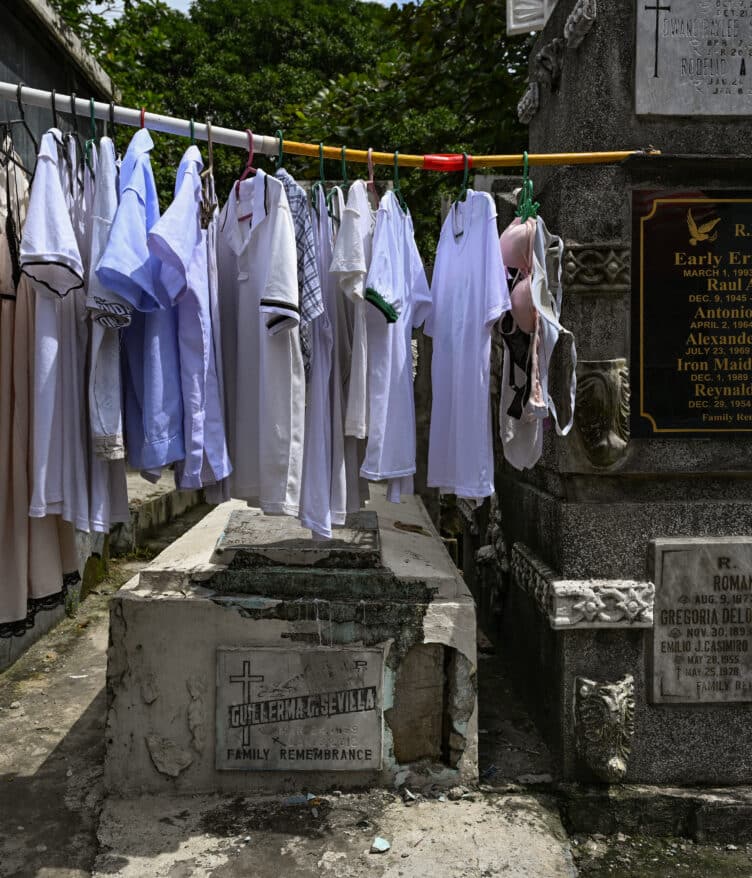STRICTER measures will be implemented following the revision of the implementing rules and regulations (IRR) of Republic Act 10627 or the “Anti-Bullying Act of 2013.”
This revision aims to address the growing concerns on bullying in public and private high schools, as well as other educational institutions managed by the Department of Education (DepEd)—even those overseas—by providing clearer guidelines and stricter measures for handling such cases.
According to DepEd Secretary Sonny Angara, this concern should be addressed as it is one of the reasons for “absenteeism, poor performance, and school dropouts.”
“Ang eskuwela ay lugar ng pagkatuto, hindi ng pang-aapi. Wala dapat puwang ang bullying sa kahit anong sulok ng ating mga paaralan at lipunan,” said Angara.
“No student will grow if they are afraid to go to school every day. That’s why this policy is not just for discipline, but also for the quality of education,” he added.
The strengthened IRR addresses school-wide prevention policies, early interventions, and a streamlined system for handling complaints and appeals.
Aside from aftermath support, the revision also broadens what counts as bullying—covering patterns of repeated intimidation, emotional distress, social exclusion, and acts of discrimination based on gender or religion.
The new rules also outline clear duties for teachers, school officials, parents, and students— introducing a Learner Formation Officer to swiftly respond to cases.
The school must also include anti-bullying rules in their handbooks and feature signs that prohibit it in at least three areas in their school.
In 2022, the Program for International Student Assessment (PISA) found out that the Philippines has the highest percentage of bullying among all the participating countries, with 43 percent of female students and 53 percent of male students admitting to experiencing it.
This means that one out of three Filipino students are being bullied in school.
In another study conducted by De La Salle University and EDCOM II, it was highlighted how school structure and environment play a role in a student’s exposure to bullying.
In the study by Nob et. al., for example, they found out that those who study in public schools are more likely to get bullied.
This is supported by the data of how bullying cases are more widespread in public schools.
How useful was this post?
Click on a star to rate it!
Average rating 0 / 5. Vote count: 0
No votes so far! Be the first to rate this post.
We are sorry that this post was not useful for you!
Let us improve this post!
Tell us how we can improve this post?








